At Wild Roots, our approach to early childhood development and early learning is one that encompasses the whole child collectively: body, mind, and spirit. We treat this approach with compassion and care for each individual in our program. We desire for the children to feel that they are treated as explorers, discoverers, and community members while they work in their environments. They are treated as respected individuals and not just “students” in a classroom. Wild Roots’ kindergarten program is an extension of this environmental approach. We seek to continue the same compassionate and thoughtful development of intellect in our kinder and transitional kinder students in the same manner that we provide for our preschool students, with daily opportunities to extend and advance in traditional lessons, while maintaining roles of leadership in the classroom. We pride ourselves on holistic kindergarten education over traditional academically focused instruction, and for good reason.
We often receive questions from prospective families while touring our facilities, such as: “How will my child learn academics if he is spending so much time working on projects and block building?” or “If my child spends half of her day preparing food and watering plants, how will she be academically focused?” The questions are, rightfully so, even more prevalent at the kinder age level. So, academics in kindergarten? We attempt to answer these types of questions as simply as possible but the answers are never simple, as we recognize that preparing children to be intellectual, independent, and thoughtful life-long learners does requires a holistic, balanced approach to development.
It is perplexing to understand how the term “academics” in our modernized society became associated with early education, and why exactly we began to place value on how well a child could sit still and focus academically at a kindergarten level and even sooner. The word academic, is plainly defined as related to college, academy, educational institution, especially one for higher education.
Interestingly, the term Kindergarten is of German origin, meaning, a garden of children, meant to symbolize how a gardener would treat his plants. He studies their individual natures, and puts them into such circumstances of soil and atmosphere and enables them to grow, flower, and bring forth fruit, –also to renew their manifestation year after year.
When considering these two terms, “Academics” and “kindergarten” and their intended definitions, it is abundantly clear that the former is concentrated on scholarly work in higher educational institutions, while the latter alone is developmentally appropriate for the blossoming and nurturing of a young child’s intellect. However, over recent decades, our focus has become narrowly centered on early academics to the point that even preschools have become highly desirable if labeled as academies. What’s more is that this fact, compiled with today’s societal pressure on children to strive for speed and perfection in all that they do, can create a very fear-based, lonely mental environment for a child who is making sense of the world around him. Through this outlook, facts and figures may be instructed and/or absorbed, but the natural love for life and learning cannot bloom freely.
At Wild Roots, we appreciate the definition of kindergarten from its German origin of planting a seed in a garden. A kind, patient, and tender atmosphere that observes subtleties among the children is needed for children to become connected together with their environment and to discover their unique place in the classroom community. Out of this carefully planned environment, we aim to nurture intellectual and innovative thinkers that are confident and strong, yet not afraid to be flexible and work together. This is what our society needs.
Many people will argue that early academia is linked to later success in life, however what is missing in this vague assumption is the importance of what method is being used to prepare young children for learning. Spending thoughtful time with children, allowing them to utilize their minds, bodies, and spirits to discover the world around them is learning at its finest before age seven. Research has shown that encouraging activities such as independent work with hands-on materials that develop neuro-pathways and produce executive functioning in the brain will provide children with a lifetime of skills needed for all areas of intelligence. Research has also shown that large motor opportunities of crossing the body’s mid-line such as climbing and sitting cross- legged, will prepare young children’s minds for reading, writing, and arithmetic more than most lessons being taught in preschools. Finally, allowing for opportunities to be free, silly, social, and part of a community will instill skills in the child that will prepare him for success in school, friendship, team sports, the workplace, or any community-based institution that depends on mutually respectful relationships and team effort to operate effectively.
Treating the whole child as an individual learner and talented community member is far more important to our school than preparing them academically. We recognize that this style of raising young children is how they will become productive and unique members of society and leaders in this world. When we began to steer away from this method of treating children and began treating them as factory workers in an assembly line at school is when we began to see the lack of innovation and independent will in our society.
Our environments provide exploration in language arts, mathematics, science and social studies, in meaningful ways to each child. We do not emphasize “teaching to students in classrooms”, but instead providing rich and stimulating experiences in inspirational environments. These areas of our curriculum unfold alongside other areas of development such as social and emotional growth, mindfulness, and physical/spiritual development that prepare the children in more ways than taking a pencil to paper before the young mind is intellectually ready.
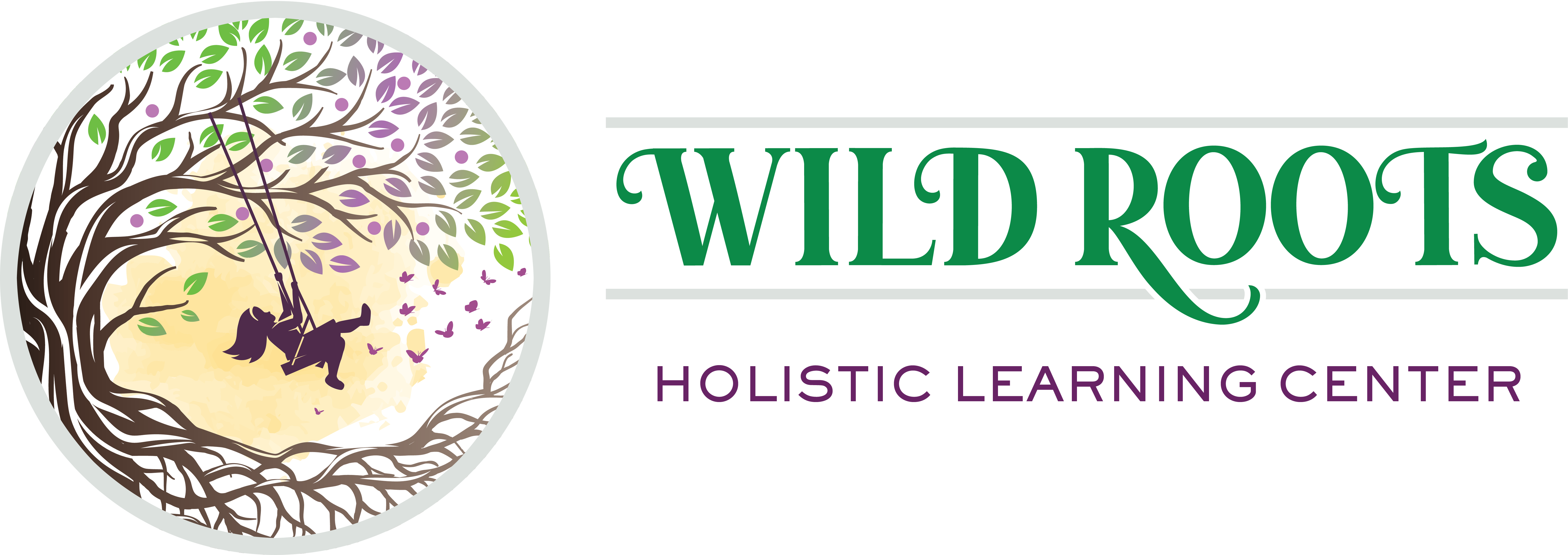

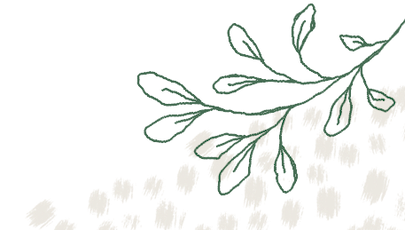
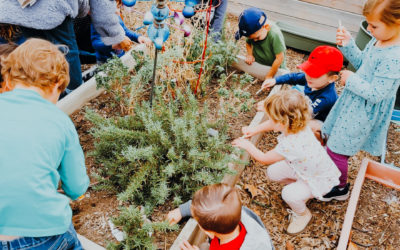
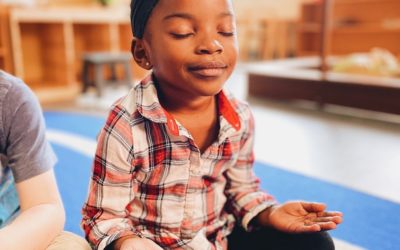
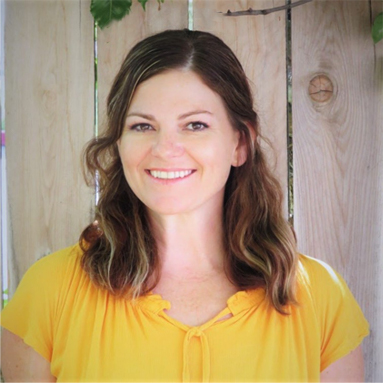


0 Comments